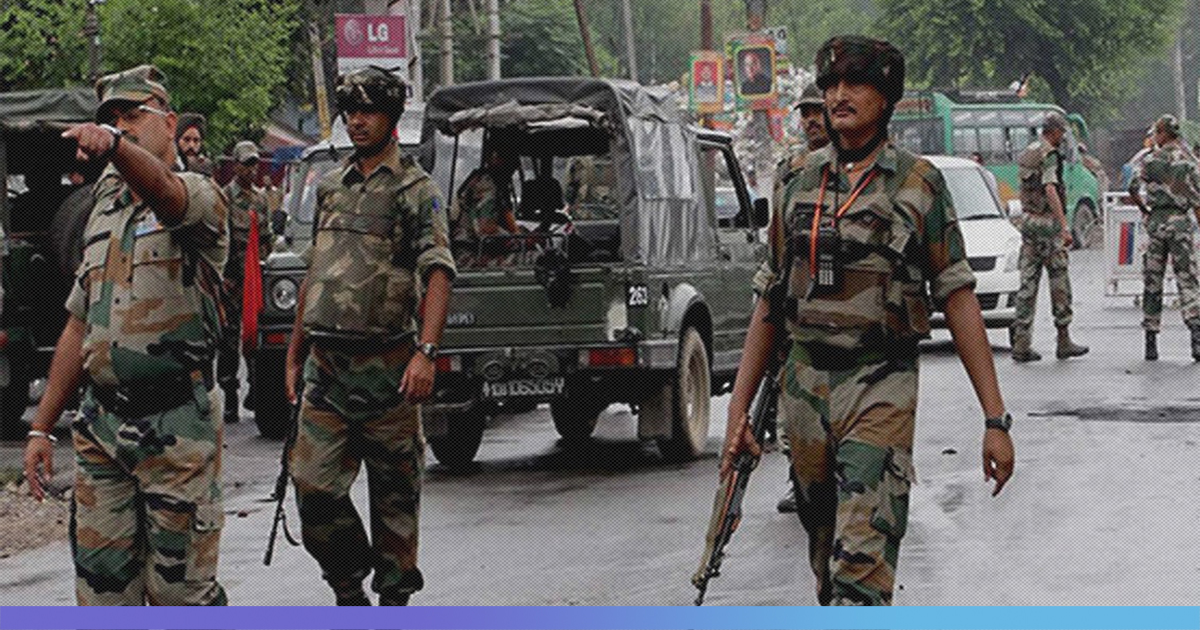The Armed Forces (Special Powers) Act is all set to be withdrawn from Assam in August, 29 years after it was imposed. The Centre has directed the army to plan its return from the state.
On November 27, 1990, when the United Liberation Front of Assam Ulfa militancy was at its peak, AFSPA was imposed, granting special powers to the armed forces while conducting counter-insurgency operations. The entire state was declared a “disturbed area”.
Over the years, police and paramilitary forces have taken the Army’s place, with the Army slowly being withdrawn from several districts.
Last September, Assam was delegated the power to extend or withdraw AFSPA. Citing the upcoming publication of the final National Register of Citizens (NRC), the state government has extended the act twice.
“The NRC process will be through by July 30 (as directed by Supreme Court). We have been informally asked to plan where the operational units will head to after moving out of the state,” The Times Of India quoted a security source as saying.
The controversial AFSPA
AFSPA, for years, has been a controversial act. Many civil society groups and human rights activists have denounced regressive AFSPA provisions. The armed forces have often been accused of misusing and abusing the act.
Many activists have alleged that the misuse of the act has led to extra-judicial killings, rape and torture by the personnel of the armed forces, fuelling dissatisfaction and public anger. The UN also pronounced AFSPA as violative of international law in 2012.
The armed forces, however, are of the clear opinion that without the protection of the act, effective functioning of the security forces will be hampered in areas which are insurgency-prone.
According to the civil society groups, some of the provisions of the act are draconian. Under section four, any person who has committed a cognisable offence, or is under the reasonable suspicion of committing such an offence, can be arrested.
The armed forces are empowered to destroy structures used as hideouts, training camps, or a place from where attacks may be launched. If prohibitory orders that ban the assemblage of five or more people, or carrying of arms are in force in the prohibited area, the armed forces are authorised to open fire, even to the extent of causing casualties.
Across several states, people have been part of a prolonged battle to get rid of AFSPA. The situation in Assam is different now. Insurgency in the state has considerably ebbed. Ulfa members have either joined the talks process with the government or surrendered.
Human rights activists and civil society groups believe that it is now time to completely normalise the environment in Assam, as AFSPA has outlived its utility in the state.
Also Read: After 32 Years, Centre Partially Withdraws AFSPA Act From 3 Arunachal Pradesh Districts











